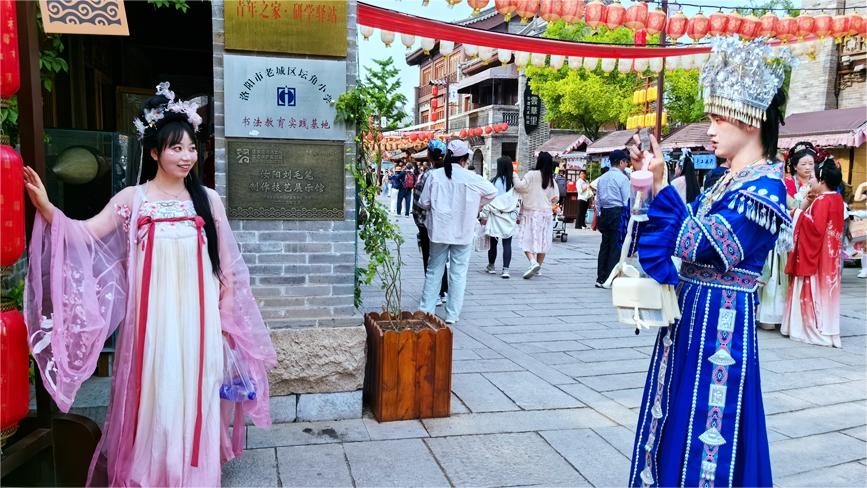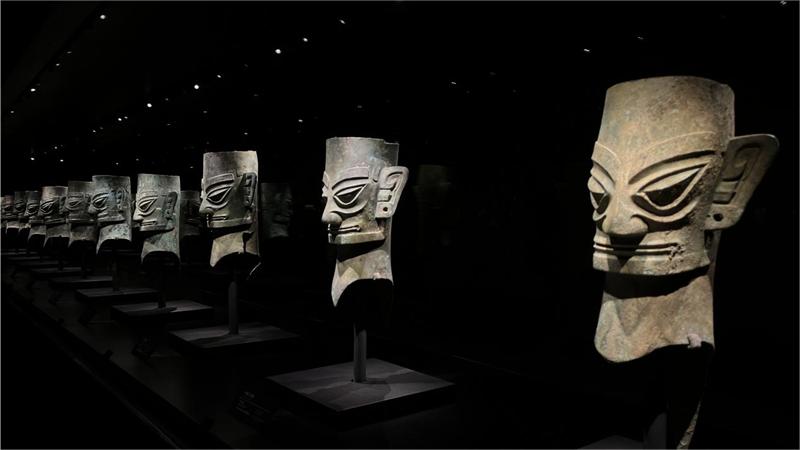Xiplomacy: Merieux's decades-long bond with China
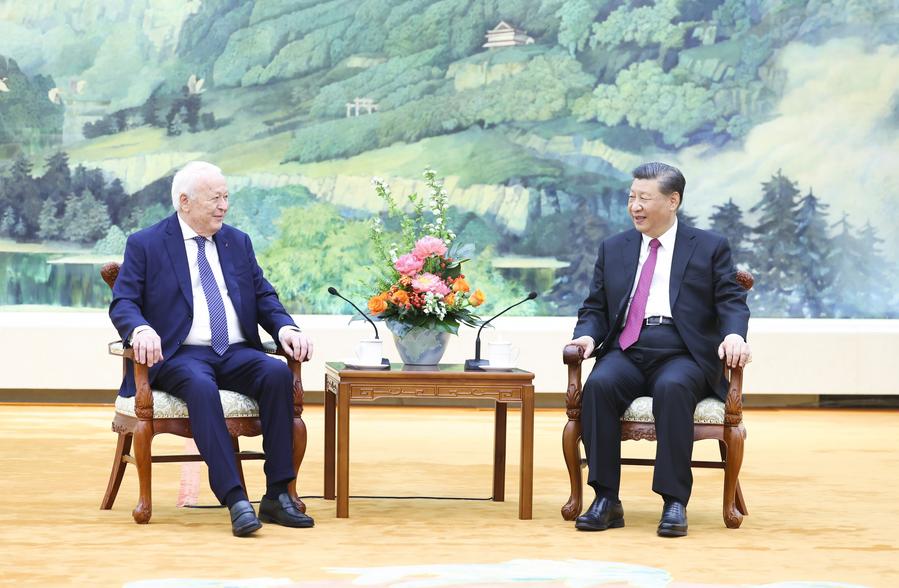
Chinese President Xi Jinping talks with President of the Merieux Foundation Alain Merieux at the Great Hall of the People in Beijing, capital of China, April 8, 2024. (Xinhua/Huang Jingwen)
With over 40 years of presence in China, the Merieux family has witnessed and contributed to China-France relations, which celebrates its 60th anniversary this year.
BEIJING, May 4 (Xinhua) -- In 1978, the year that China opened up, Alain Merieux, president of the Merieux Foundation, landed in China for the first time to introduce the vaccines developed by the Merieux Institute to the Chinese science community.
The visit marked the start of his decades-long bond with China. Since then, he has traveled to the Asian country numerous times, engaging in extensive cooperation with China in vaccine work, medical diagnostics, and infectious disease prevention and control.
In April, Chinese President Xi Jinping met with Merieux and his wife Chantal in Beijing. During the meeting, Xi expressed appreciation for the long-term support from the couple and the foundation for the development of China-France relations and China's health cause.
With over 40 years of presence in China, the Merieux family has witnessed and contributed to China-France relations, which celebrates its 60th anniversary this year.
UNWAVERING SUPPORT
The Merieux Foundation has always adhered to the principle of "in China, with China, for China," said Merieux, cooperating with Chinese partners to promote the development of public health. Together, they have established high-level biosafety laboratories to jointly address public health challenges such as SARS, avian influenza and the COVID-19 pandemic.
Since 1978, when Merieux first visited China, the scope of cooperation has gradually expanded to include medical diagnostics, immunology, food safety control, and infectious disease prevention and control. In 1997, bioMerieux established an office in Beijing. In 2004, the company's Asia-Pacific headquarters was established in Shanghai.
Merieux Institute has obtained 37 patents and published over 20 papers from its collaborative projects in Shanghai. Today, Shanghai has become the company's third-largest R&D, production and operation base worldwide, said Liang Ji, head of the joint R&D laboratory of bioMerieux Greater China.
On Dec. 18, 2018, at the celebration of the 40th anniversary of China's reform and opening-up, he was awarded the China Reform Friendship Medal, with the certificate number 001.
On his deep affection for China, Merieux once said he is "the Frenchman with the most Chinese blood flowing through him." He praised China for achieving world-renowned development over the past few decades and playing an increasingly important international role.
"For us, China has become an important industrial and research center where we can develop high-level, long-term partnerships in medical diagnostics and food safety," he said. "My support for China will remain 100 percent as always."
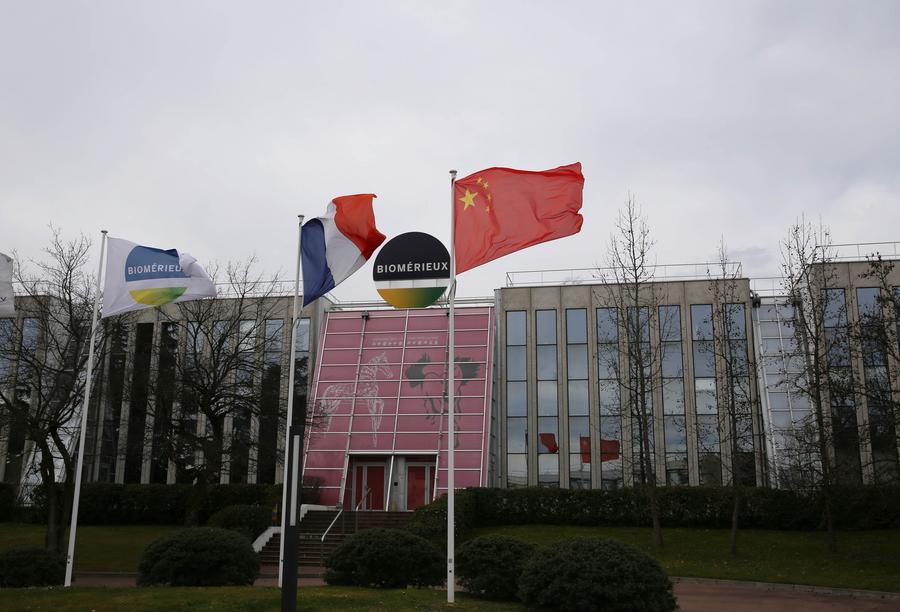
Photo taken on March 10, 2019 shows the Biomerieux research center in Lyon, France. (Xinhua/Tang Ji)
DECADES-LONG BOND
Merieux's earliest connection with China comes from his father-in-law Paul Berliet. Long before China and France established diplomatic relations, Berliet promoted cooperation between France and China in automobile manufacturing.
In 1975, during Deng Xiaoping's visit to France, Merieux and his father-in-law accompanied him to an automobile factory, where Deng and the older generation of revolutionaries worked and studied. "At a moment like that, you can feel it. The foundation of China-France friendship is so deep," he said.
His grandfather, Marcel Merieux, was a student and assistant of Louis Pasteur, the "father of microbiology." At the end of the 19th century, he established the Merieux Institute to fight the spread of tuberculosis in Europe. This laid a solid foundation for the family's cooperation with China's public health undertakings.
In the late autumn of 2012, Xi met with Merieux in Beijing. Xi voiced his appreciation for the French foundation's attention to and support for China's public health drive and hoped the foundation would continue supporting China's efforts to improve medical care in the country.
In March 2014, Xi made a special trip to the bioMerieux research center in Lyon during his visit to France. "It was an unforgettable visit for us," Merieux recalled. "President Xi mentioned our friendship and our family's contribution to France-China friendship."
"I love China from the bottom of my heart, and this deep emotion comes from years of accumulation, "said Merieux.
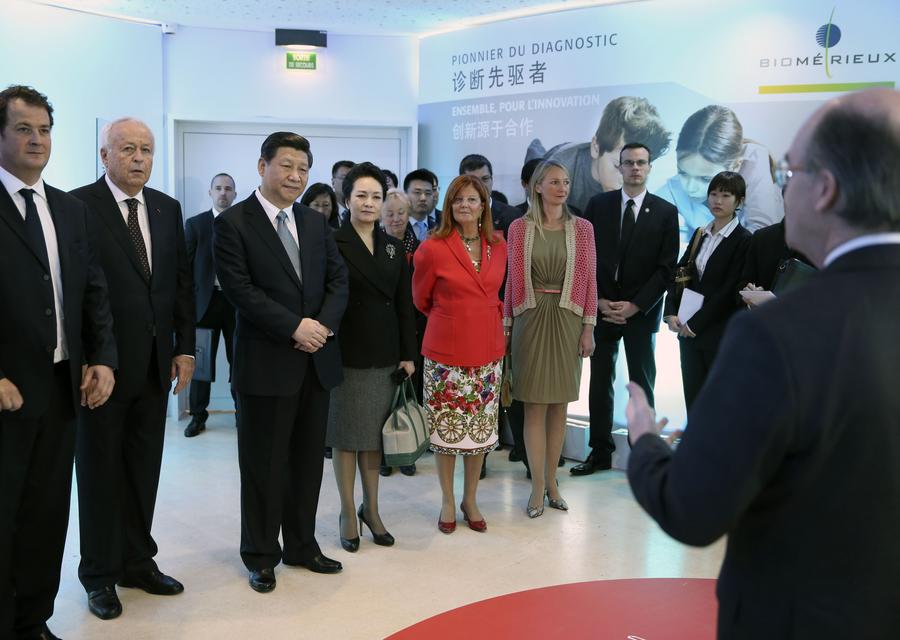
Chinese President Xi Jinping (3rd L, front) and his wife Peng Liyuan (4th L, front) listen to the introduction of the Biomerieux research center in Lyon, France, March 26, 2014. (Xinhua/Lan Hongguang)
TOGETHER FOR THE FUTURE
On the occasion of the 60th anniversary of the establishment of the China-France diplomatic relations, Merieux said that at present, "the people of China and France should cooperate more closely."
During his stay in Beijing in April, he visited the Institute of Pathogen Biology of the Chinese Academy of Medical Sciences to launch the new Christophe Merieux laboratory.
The original laboratory was established in 2005 and has been committed to researching emerging infectious diseases. Its related technologies have been applied in over 10 developing countries. The laboratory was named after Merieux's late son for his outstanding contributions.
"My wife and I saw Christophe's sculpture and name appearing in China's top medical research institutes. At that moment, I was moved beyond words," Merieux said.
Merieux not only looks forward to deepening medical and health cooperation with China but has also set his sights on the wider world, hoping to share the results of cooperation with more developing countries.
"To address the growing threat of infectious diseases, it is imperative for countries worldwide to transcend political differences and engage in long-term cooperation. To achieve this, all nations should share scientific, medical and technological resources. Both China and France must play a role in this endeavor," Merieux said.
Merieux called for increased investment in startups, hospitals and research institutions. He hoped for collaboration with more like-minded individuals and organizations "to strive for peace and friendship, to strive for common ideals, and to strive for the cause of human health."
Photos
Related Stories
- Xinhua, AFP hold photo exhibition marking 60th anniversary of China-France ties
- China-France forum underscores people-to-people, cultural exchanges
- Book of Xi's discourses on Chinese modernization published in French
- Chinese, French scholars hold cross-cultural talks in Paris
- Lyon Sino-French Institute: bridge of communication between China, France
Copyright © 2024 People's Daily Online. All Rights Reserved.








